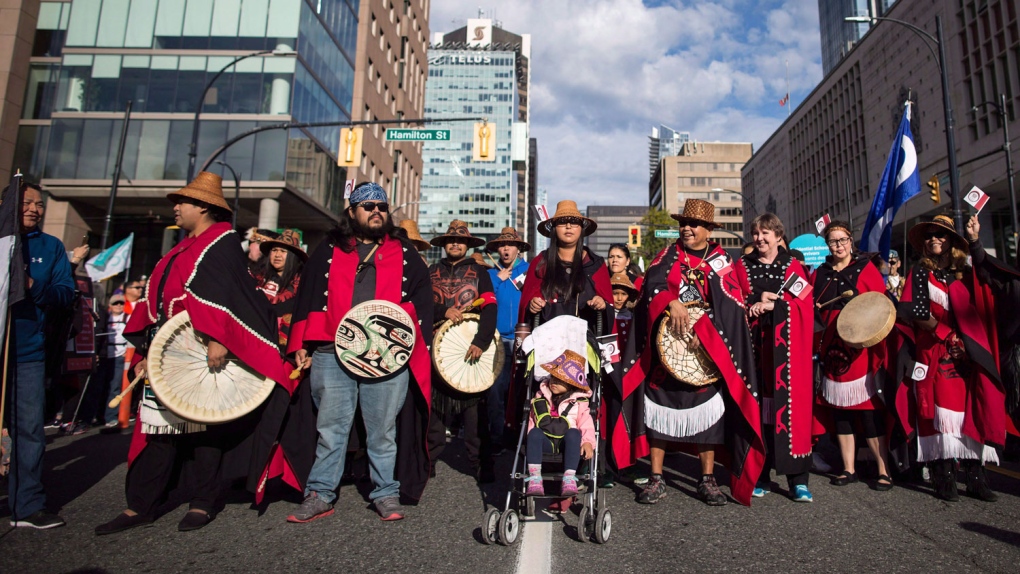
Uncolonize or Decolonize?
We’ve had a lot of people ask us why we use the terms uncolonize and decolonize. They often wonder if they are interchangeable terms or if we mean to say decolonize.
In using the terms uncolonize and decolonize we are drawing a distinction between two types of actions that Indigenous peoples need from settler accomplices if we are serious about living into Indigenous sovereignty. We are following the lead of Indigenous educators and activists Tres Rosa and Dina Gilio-Whitaker, and academic leaders Eve Tuck and K. Wayne Yang, who challenge non-Indigenous peoples to stop treating decolonizing like a metaphor for all social justice, inclusivity, or self-transformation work because it detracts from actual efforts to return stolen lands to Indigenous peoples and honour their sovereignty.
An Analogy
An extraordinary amount of leaves fall in my backyard every autumn, requiring me to remove some to reduce the volume. This year, my teenage son was in the yard for a couple of hours using the leaf blower to move leaves from one side of the yard to the other, making impressive piles. When I joined the efforts, I noted that we still had the same amount of leaves in the backyard; it’s just that they had been arranged differently. He complained that putting them on the tarp and dragging them to the bush beside our house was too much work. I reminded him that he may have used a lot of time and energy blowing them here and there, but removing the leaves from the yard was not accomplished until we actually removed them!
In a similar vein, as non-Indigenous folks, we can busy ourselves learning about Indigenous peoples’ experiences of life and reflecting on our colonial worldviews/practices. Still, the changes in our minds, lives, and institutions do not amount to decolonization. It’s equivalent to putting leaves into piles inside the yard. It’s hard work yet does nothing to change things for Indigenous peoples or the Land. For it to be decolonizing, there needs to be actual benefits for Indigenous peoples and the Land, including the recognition of Indigenous sovereignty, relinquishment of settler entitlement to place and privilege, the amplification and following of Indigenous leadership, and the return of stolen Lands. In summary:
Uncolonizing is the work non-Indigenous peoples can do internally to distance and detach from colonial ways of thinking, relating, and being on the Land. It reduces settler resistance to decolonization but does nothing to change the circumstances of Indigenous peoples and the Land (Rosa, 2020). Some examples you could do include:
- Learn about settler privilege (i.e., Gilio-Whitaker, 2018)
- Learn how to avoid being metaphorical about decolonization (i.e., Rosa,2020; Tuck & Yang, 2012)
- Change your decision-making processes to be less colonial (for example, use a process like sociocracy or consensus decision-making instead of Roberts Rules)
- Learn about the current and historical experiences of Indigenous peoples in your area and throughout Canada/the world.
- Learn what treaty you are a part of and what requirements are contained within it.
- Learn about the traditional lands and peoples on this interactive map
- Practice using the Responsibility Covenant to manage the discomfort that may arise when you learn uncomfortable truths about colonialism.
Decolonizing is “a massive revolution to remove all people not native to stolen land, back to their land of origin, and returning government control, community control, resources, processes, and sovereignty to Indigenous peoples” (Rosa, 2020). This scale of change is being actualized through movements like LandBack and RAVEN as tracts of land are returned to Indigenous nations. Some examples you could do include:
- Vote for Indigenous leaders for all levels of colonial government
- Formally recognize and follow the direction of Indigenous leaders
- Connect with the Nation(s) whose land your home, organization and/or business are located on and create an agreement for use that includes paying a voluntary tax.
- With the blessing of Indigenous leaders, purchase tracts of land and return them to Indigenous nations.
- With the blessing of Indigenous leaders, donate land to Indigenous nations.
- Support Indigenous leaders and movements (i.e., LandBack and RAVEN).
For more info: check out Uncolonizing Climate Justice & Uncolonizing Focus Group or reach out to Erin.Horvath@cuc.ca
***
Call and Response, the Canadian Unitarian Council’s new blog, is a forum for sharing ideas, tools, and resources with people and organizations who want to create a more loving, just, and equitable world.
Erin Horvath is the justice and equity lead for the Canadian Unitarian Council.
Subscribe to the CUC Blog Call and Response


As a settler (not native) living on stolen native land is there an expectation that I will go back to the home of my ancestors in England and in Africa?
Hi Michael,
I’ll reply to your comment in a few parts because there is much to be parsed out to understand what all this could mean for non-Indigenous folks.
In my life, I have had some Indigenous people tell me to go back to my ancestral homelands unless I was willing to be an accomplice with them in their journey to free themselves and The Land from colonial reign. Others have not expressed a need for settlers to leave. There is no universal answer to this question, as Indigenous peoples and Nations are all different in their stances. Nearly 30 years ago, I made the choice to be an accomplice and to stay. I have been welcomed as I work directly with First Nations on the things that bring them more freedom.
I’ve found that a common fear arises in non-Indigenous people when we think about the true definition of decolonization because it’s hard to imagine what that would mean for us. People tend to fear that what is being proposed is the immediate and thorough clearing of settlers from all of the land called Canada. Then we freak out. Where would we go? Where is our homeland? Where do we belong? Where can I feel at home? I have heard some Indigenous people speak about a settler wound that occurred when our ancestors were separated from their homelands either by choice or force. We’re here now, however, many of us don’t know how to be a part of The Land because those teachings were severed in our ancestral line, and many of us have not learned them elsewhere (I’m not referring to environmental philosophy or reverence, but rather the ability to survive off The Land and with The Land). A symptom of our disconnection from The Land is that we can destroy it all while believing ourselves to be separate from it.
On a practical note, we have a long way to go in decolonizing land before it would impact the tiny bit of land that is privately owned. Land ownership in Canada looks like this: 41% Federal Crown Land, 48% Provincial Crown Land, 11% Private Land, and .36% Reserve Land. If you google these statistics, you will find various sources confirming this. It also means that we have a very long way to go to make things right with Indigenous peoples as .36% of the land base speaks volumes about the ongoing colonial agenda. It also means that there is plenty of land that can be decolonized and returned to the jurisdiction of Indigenous peoples before the impact would be felt by private landowners. Even then, there are First Nations who have opted to allow non-Indigenous people to remain on their lands and interact with them as an established Indigenous government for those lands. https://www.canada.ca/en/revenue-agency/services/tax/individuals/topics/about-your-tax-return/tax-return/completing-a-tax-return/personal-address-information/indigenous-government-lands.html
So what does this mean for us as settlers on stolen Indigenous lands? For me, it means really allowing it to sink in that I am not entitled to be here. It means being vulnerable enough to sit with whatever discomfort arises with that reality. It also means getting behind initiatives such as Land Back, where Indigenous peoples are working to get large tracks of land decolonized. I understand that this isn’t something I need to feel threatened by, as we have so far to go before we anywhere close to fair land distribution.
I hope this reply provides some clarity and some further food for thought.
Erin Horvath (Author)
Justice and Equity Lead, Canadian Unitarian Council